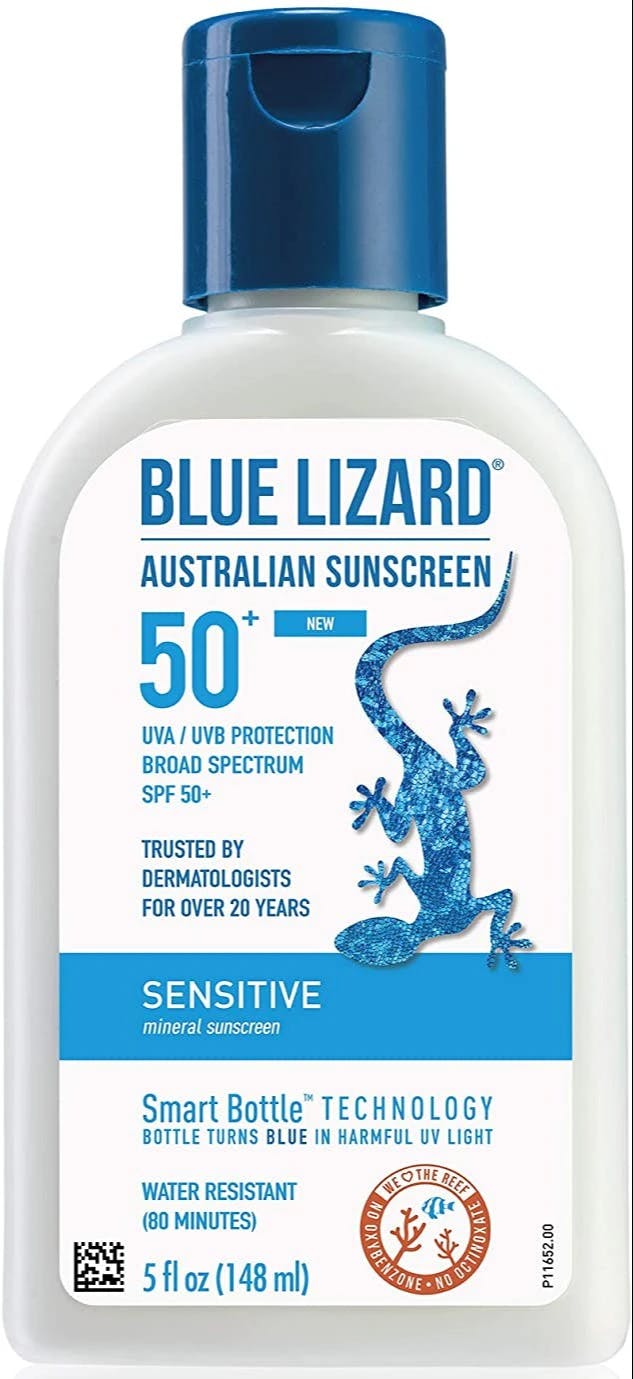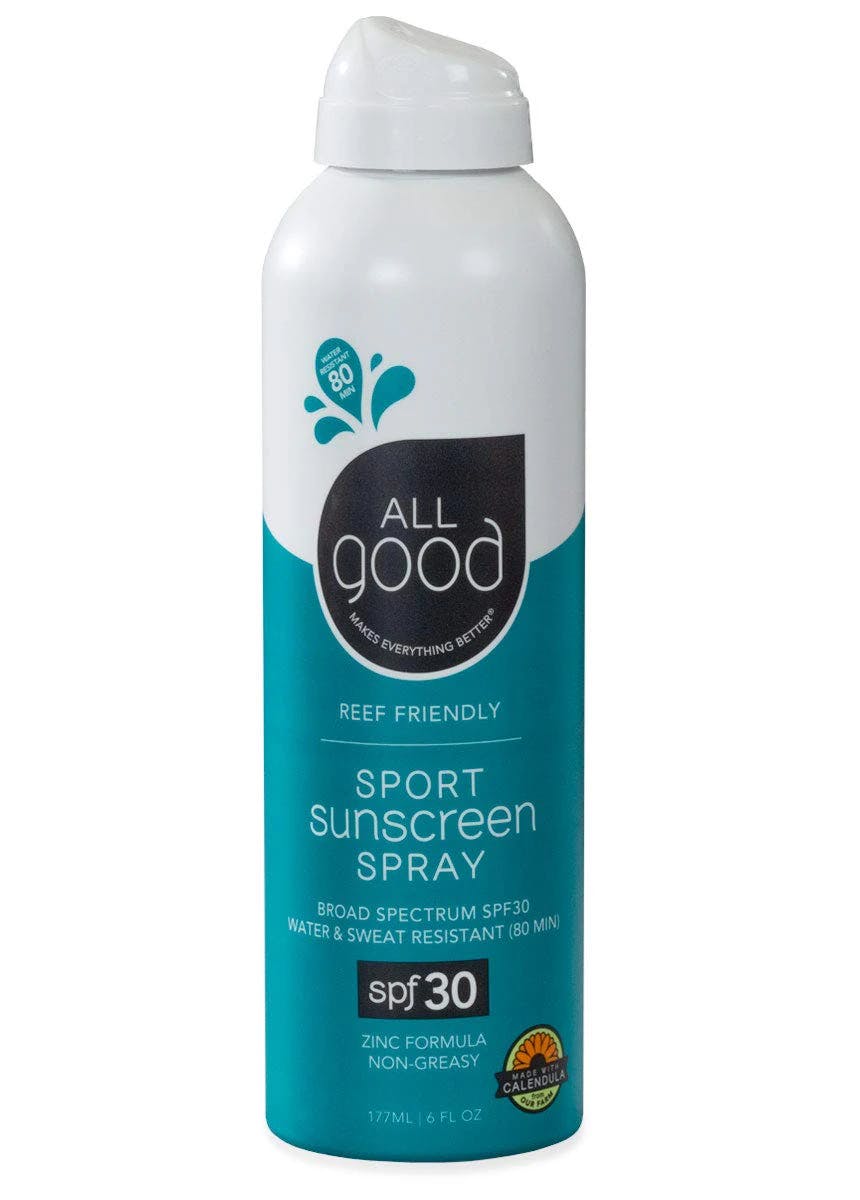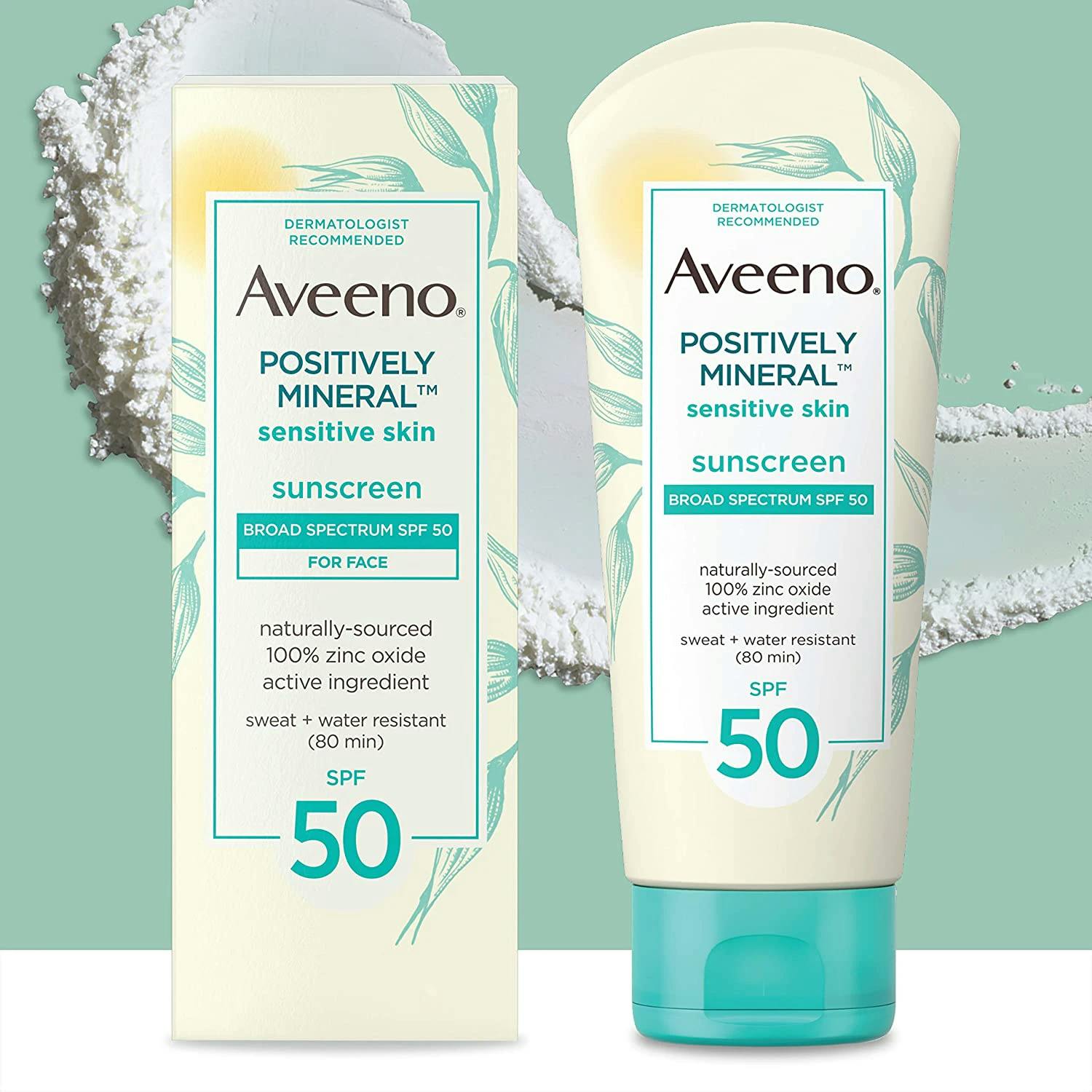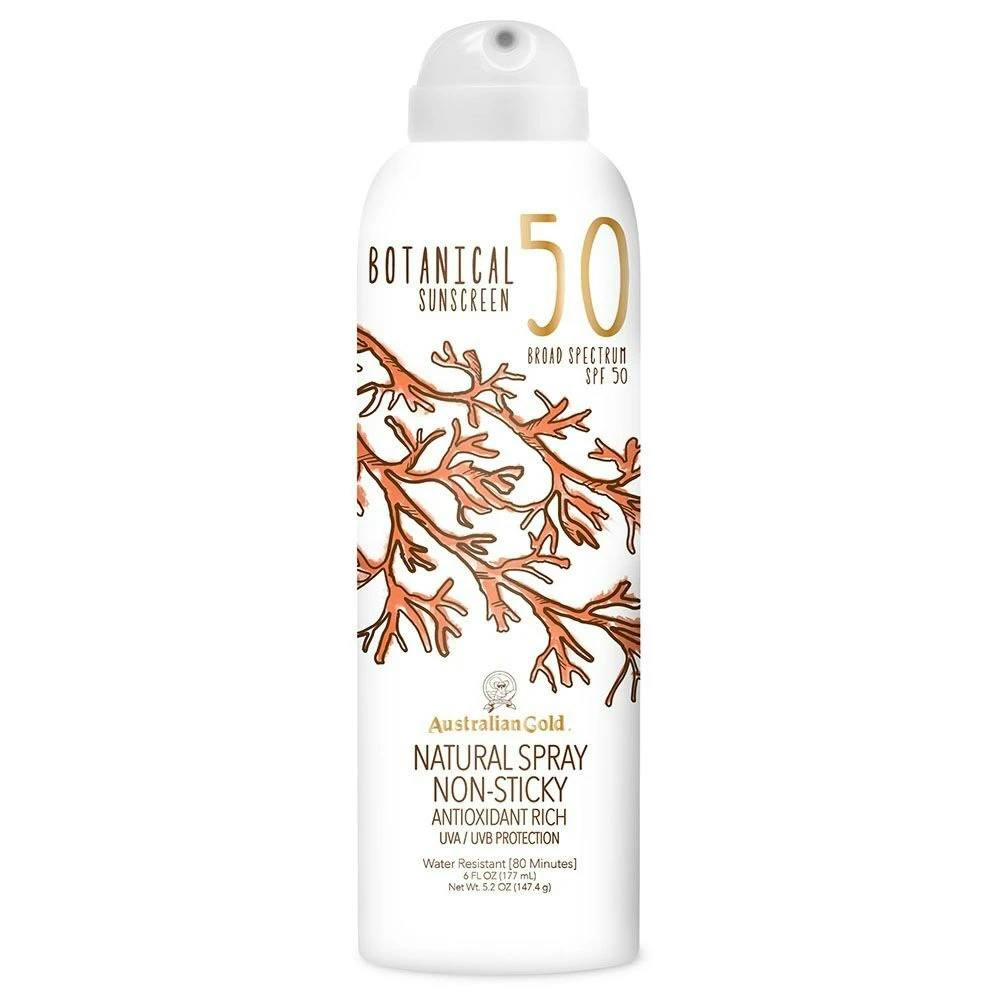Your Sunscreen Could Have Cancer-Causing Chemicals, So Try These Natural Alternatives Instead
With summer in full swing now, it’s imperative that you’re protecting yourself and your family from the sun’s harmful rays.

The easiest way to do this is by wearing sunscreen with a good SPF, but did you know that your sunscreen may be doing even more damage to your skin and health than the sun?
Protect Yourself from Harmful UV Rays
The sun’s strong rays are no joke. Being exposed to its ultraviolet radiation (UV) rays can not only cause sunburn and early aging but also permanent damage that can later lead to skin cancer. Although skin cancer is more common in people with light skin, people of all skin tones can get skin cancer. UV radiation is amplified in water, sand, snow, and ice, and can penetrate through windows and windshields as well. The bottom line is, if you’re outdoors, even driving in your car, you’re exposed.
UV rays are amplified in water, sand, snow, and ice, and can penetrate through windows too.
According to Cancer.gov, people should wear sunscreen with an SPF of at least 15, which should be applied 30 minutes before heading outside, and then again after every two hours or after swimming or sweating. Some other helpful tips to protect yourself against the sun’s UV rays are to wear a wide brim hat that protects your face, ears, and neck, wear sunglasses to block UV radiation from your eyes, and wear tightly woven, dark-colored fabric with a high UPF (ultraviolet protection factor). But since most people don’t want to go to the beach dressed like a ninja, an excellent sunscreen to protect their skin is a must.
Cancer-Causing Sunscreens
Although many people choose a sunscreen with an SPF of 15 or higher, thinking they’re protecting themselves from getting skin cancer later in life, the chemical ingredients in many sunscreens may cause cancer themselves.
In 2019, the FDA conducted a study that was published in The Journal of the American Medical Association in which the FDA found that six common active ingredients found in sunscreens — avobenzone, oxybenzone, octocrylene, homosalate, octisalate, and octinoxate — are absorbed by the body into the blood in substantial amounts and can actually stay there for up to three weeks.
Oxybenzone is the most harmful sunscreen chemical ingredient.
Oxybenzone, in particular, has been known to affect breast development, infant birth weight, and sperm function. Sunscreens with these harsh chemicals are especially harmful to children and teenagers, whose systems are rapidly developing. Oxybenzone has also played a big factor in destroying our ocean’s beautiful coral reefs. As a result, Hawaii has banned the sale of any sunscreens containing oxybenzone, as well as octinoxate, which is another coral reef killer.
Oxybenzone has been known to affect breast development, infant birth weight, and sperm function.
Mineral-Based Sunscreen Is a Healthier Alternative
The great news is that there are safe, natural sunscreen alternatives. When it comes to choosing a chemical-free sunscreen, you want to go for mineral-based products. Look for natural mineral-based sunscreens that contain zinc-oxide and/or titanium dioxide because they act as physical barriers on your skin to reflect UV rays.
You’ll also want to make sure your mineral-based sunscreen is broad-spectrum, which means they offer both UVA and UVB protection. UVB rays are what cause sunburns and UVA rays are what cause deeper penetration and more serious damage. Although the price of mineral-based sunscreens versus chemical-based sunscreens is a bit higher, it’s well worth the extra protection, and your body and health will thank you for it.
Some Recommended Natural Sunscreens

One excellent choice is Blue Lizard’s Sensitive Mineral Sunscreen. Not only does it have an SPF of 50 (lower SPFs are also available), it’s water and sweat resistant for up to 80 minutes. It is also paraben-free and fragrance-free, which is ideal for people with sensitive skin. It comes in a bottle, tube, and stick.

Another natural sunscreen option, especially for people who don’t like applying lotion, is the All Good Sport Mineral Sunscreen Spray. (For my lotion lovers, don’t worry. This sunscreen also comes in a lotion bottle and even a pump.) Besides not containing any harmful propellant chemicals and being water and sweat resistant for up to 80 minutes, this sunscreen can actually do wonders for your skin. It’s made with organic green tea, rose hips, and buriti oil, which are excellent for repairing damaged skin.
Don’t forget to protect your face with the appropriate sunscreen.
Some people use the same sunscreen on their face that they use for their body, but that isn’t a very wise choice. Sunscreens designed for the body may clog your pores and trigger acne breakouts on your face, especially if you’re already prone to breakouts. To avoid this, it’s best to use a sunscreen designed specifically for the face.
Sunscreens designed for the body may clog your pores and trigger acne breakouts on your face.
An excellent face sunscreen is the Aveeno Positively Mineral Sensitive Skin Sunscreen For Face. It’s oil-free, gentle to eyes and skin, and layers invisibly under makeup. Since Aveeno is a dermatologist-recommended brand, you can trust that your skin will be well taken care of.

If you would like a bit of tint in your face sunscreen, a wonderful natural option is the Australian Gold Botanical Sunscreen Tinted Face BB Cream. The use of kakadu plum, eucalyptus, and red algae forms a unique combination of antioxidant-rich botanicals. The subtle tint in this particular sunscreen is meant to seamlessly blend into medium to tan skin tones. Their rich-deep tone will be available July 12.

Closing Thoughts
Now that you know about the dangerous chemicals in many sunscreens, you can make a more educated decision about deciding on your go-to sunscreen for the summer and for years to come. Since most of us have been stuck inside during this COVID-19 pandemic, it’s important to get outside and enjoy the nice summer weather, but please remember to be safe and smart. When outside, continue to social distance, wear a mask when you’re with others, and of course, protect your skin and health with a natural sunscreen.